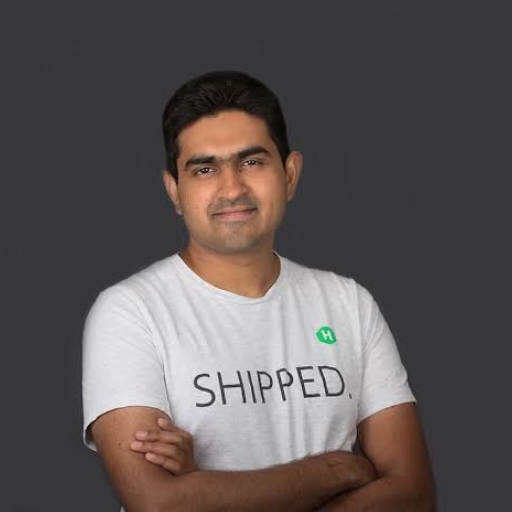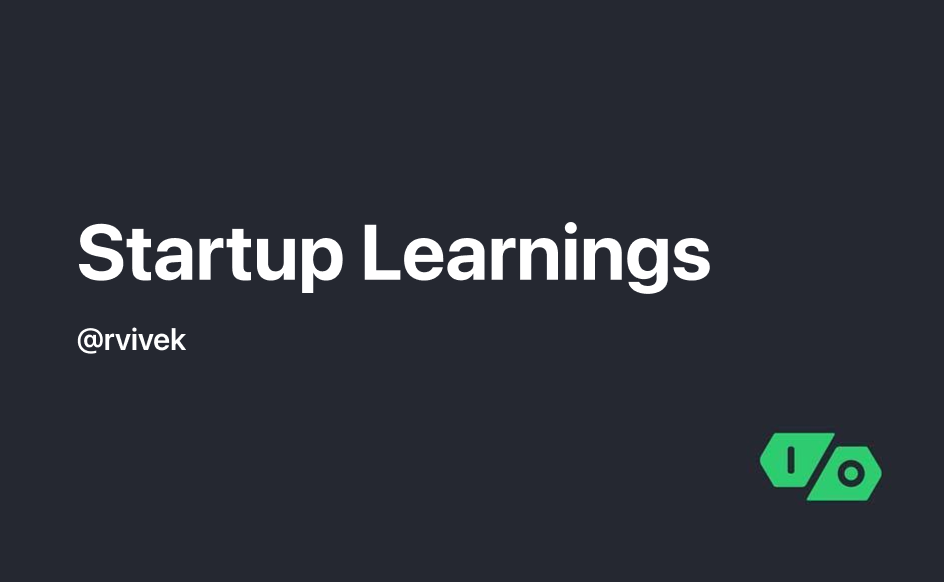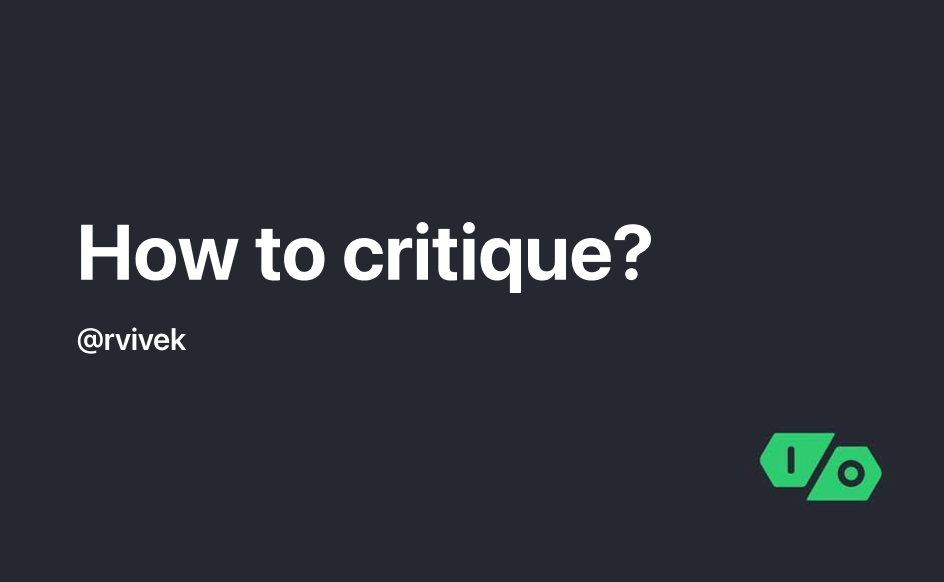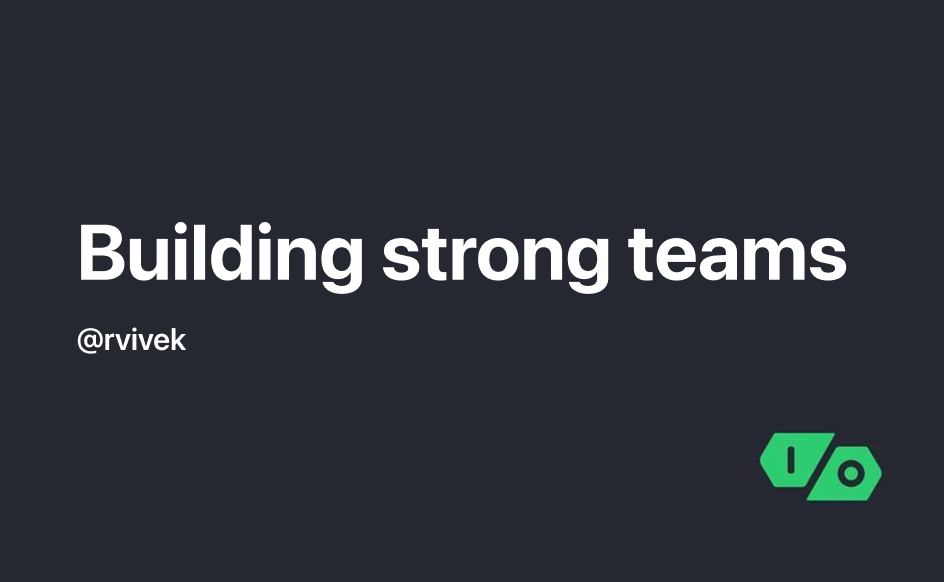Startup Learnings



I wanted to share some of my startup lessons that I have learnt over the last 7 years. I wasn’t sure of the exact format – is it a blog post or a tweet storm or a combination? So, I decided to just split it up into different sections, make each of them useful but didn’t follow a structured format in each of them. It’s probably like a Tarantino movie. There is no structure. Here we go.
Starting up
Right co-founders are way more important than the idea. If you can’t find one, start alone.
The right purpose / passion for the idea is way more important than the idea of starting a company. Your odds of persisting improves.
Early product
Make 100 users super happy vs 1000 users moderately happy - @paultoo
Do things that don’t scale - @paulg
Early hires: The following is by far the most underrated but the most critical advice in increasing the odds of success.
The team you build is the company you build - @vkhosla mostly referring to the initial set of hires
The first 10 hires determine your next hire, who determine your next wave of people to hire - @patrickc
If you are investing a lot of time in finding a co-founder, who is 50% of the company, why not the 1st employee, who is 33% of the company, the 2nd employee, who is 25% of the company & the 8th employee who is 10% of the company? The first 10 hires determine the trajectory of your company - Steve Jobs
Post p/m fit
Focus on making your core product great. There will be a lot of distractions when you attain p/m fit to do new products, partnerships, etc. Ignore. Make sure you are world-class at what you do and have high NPS.
Running the company: Jeff Bezos has given us all a playbook
Customer obsession: Stay close to customers. It’s easy to lose this at scale. What is a mechanism you have built to ensure this scales?
Think long-term: Commit yourself to run the company for at least a decade. It changes your perspective on a lot of things you want to do. The employees you want to hire, the equity you want to give, the way you work with customers, etc.
Invent: Beware of the S-curves in your product over time. P/m fit isn’t guaranteed forever.
Mature from a founder -> CEO: The following points covers 90%+ scenarios you will face in a company - hiring execs, should you micromanage (task relevant maturity), focusing on inputs over outputs, etc.
All posts on Ben’s
Most of your tasks should be editing vs writing as you scale – @rabois
The score takes care of itself by Bill Walsh
High output management by Andy Grove
Operationalizing the process:
Read this great
by Matt Mochary.
Fundraising
Board member > VC fund. Don’t go for glory in valuation or the name of the fund. Pick a board member who you believe will be the most helpful for your company. It’s tough because it’s a chicken & egg problem — you should be a hot founder / company to have the choice to pick but you become hot when you have a strong board member. No great suggestions here. Try to impress & convince.
View every fundraising milestone as risk mitigation. Think of a company like an onion with layers on them as risks to solve. Set expectations on what risks you are going to solve with your board member. Ensure you peel them before you raise the next round — @pmarca
Clean terms over valuation, always.
Take care of yourself: At the end of the day, the biggest challenge you will face is rarely IQ. It’s going to be physical and/or mental fatigue
Mental: Pick up mindfulness (highly recommend the Waking up app.) Read Untethered Soul, the best book I have read on this.
Physical: Pick up yoga / exercise / running or whatever you like. I do yoga for 25 min every day. It’s game-changing.

